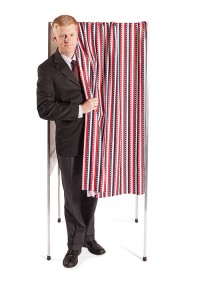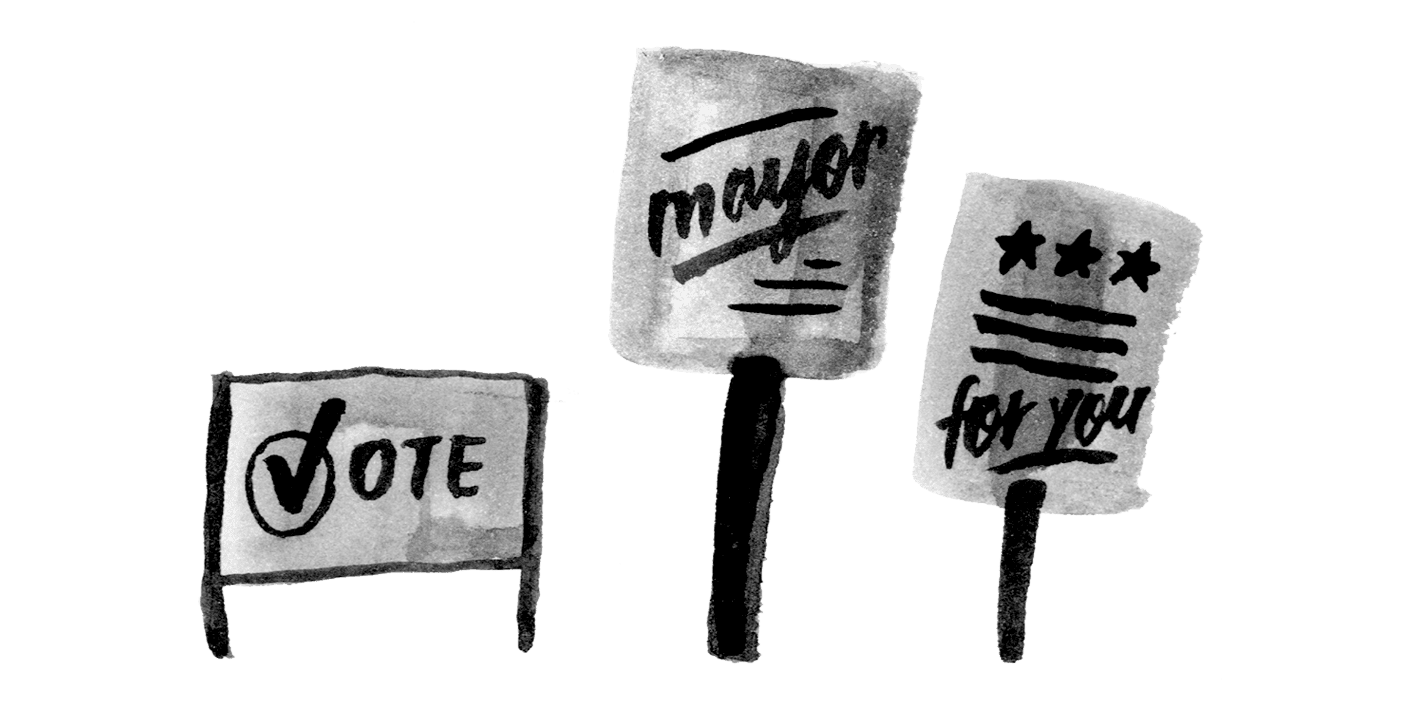Is Wikipedia a reliable source of political information? Actually, more often than not, it is, according to research by political science professor Adam R. Brown (BA ’04) published in PS: Political Science and Politics. The finding helps make his case that “it doesn’t have to be hard to learn about the political process or your political candidates.” Here, Brown shares advice on how to become an educated voter before casting a ballot this fall.
Q: Where should I start?
A: At a minimum, read through the voter guide provided by your state. Then do some online research: Votesmart.org allows you to look up voting records and other information about any federal or state incumbent. Of course, the best way to get to know local candidates is to attend a campaign event or town-hall meeting. Voters often underestimate how eager local candidates are to meet them face-to-face.
Q: How can I fact-check questionable information?
A: If you hear something salacious about a politician in an e-mail forward, it probably isn’t true; searching Snopes.com will tell you for sure. Factcheck.org looks up candidates’ claims and rates them from accurate to outright false. And while voters complain about mudslinging, studies show that campaign ads may actually help engage and inform voters.
To remain in business, news services try to cover news the way their audience wants to hear it. The best way to get accurate information is to seek it from a variety of sources rather than watching the same network’s news coverage every day. Switch channels a few times.
Q: Can I just vote along party lines?
A: If you have studied party platforms and know that one party’s platform reflects your views better, then you’ll usually support the “right” candidate simply by voting along party lines. But be careful: in typical opinion polls, 20 to 40 percent of voters disagree with their own party on any given major issue. Moreover, some candidates have views that are unusual for their party. If you always vote along party lines, you may well find yourself voting for a candidate who isn’t aligned with your views.
Q: Does my vote actually count?
A: Almost 130 million ballots were cast in America’s most recent presidential election. Meanwhile, thousands of races for state legislatures, city councils, and school boards attracted only a few thousand votes each—or less. Your vote is far more likely to influence the outcome in these down-ballot races, yet many people skip them entirely, filling out the top of their ballots only. If you want your vote to count, meet the local candidates and participate in these local elections. After all, state and local governments make more of the decisions that affect your life—decisions about education, property tax, land use, development, sales tax, and so on.










